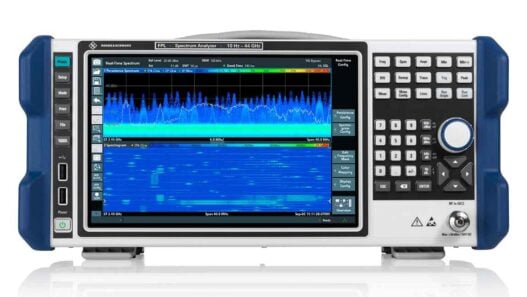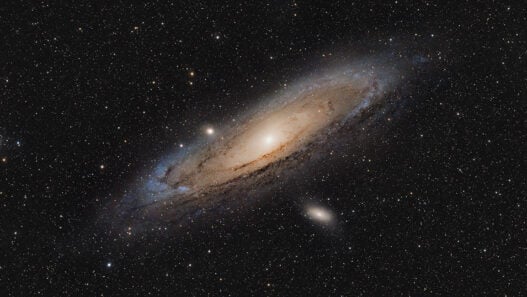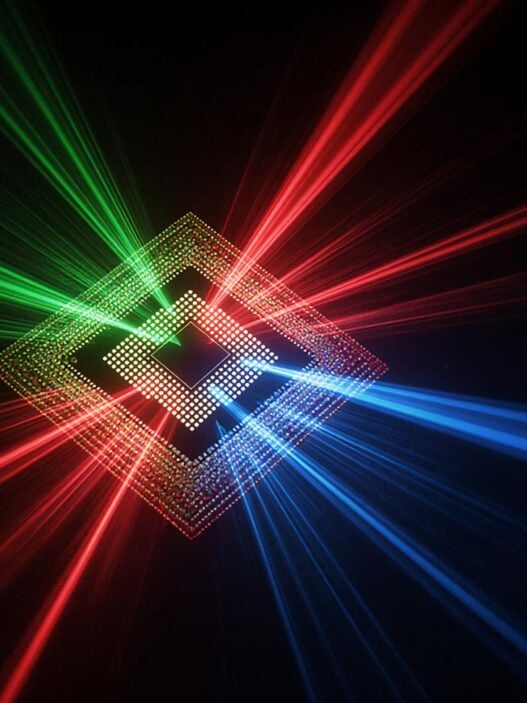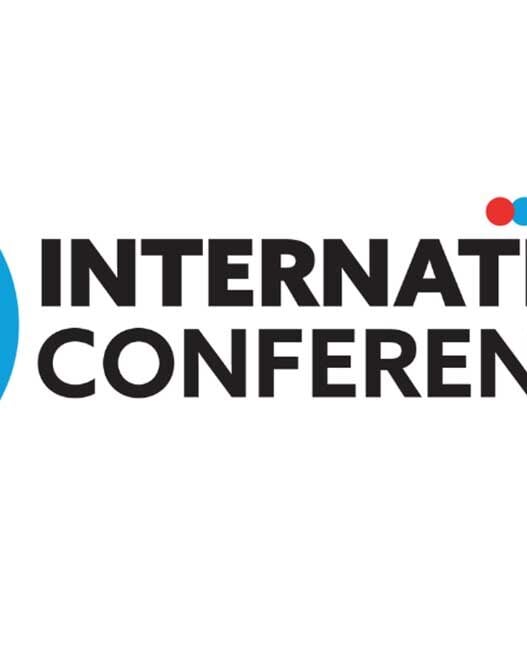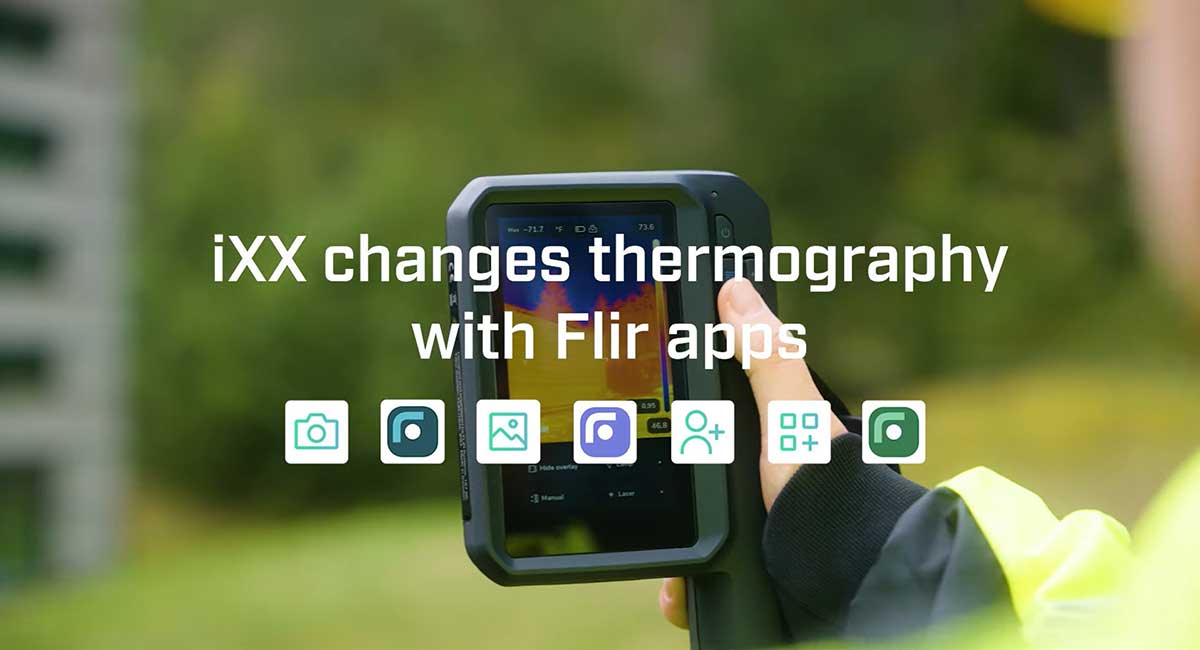Their research, merging the realms of physics and technology, aimed to advance the field of opto-electronic applications.
The focus of the Cavalleri group at MPSD was a previously demonstrated technique to induce superconductivity using a laser beam. Their recent advancement involved integrating this process onto a chip, a development detailed in Nature Communications. This research went beyond merely activating superconductivity; it involved a deeper exploration of its control and behaviour.
At the core of their research was K3C60, a material known for its potential superconductive properties when exposed to light. The group’s experiments showed that K3C60’s electrical response to photo-excitation was non-linear, an essential characteristic of superconductivity. This finding provided not only a confirmation of earlier studies but also offered fresh perspectives on the physics of K3C60 thin films.
The team utilised an advanced technique known as on-chip non-linear THz spectroscopy, enabling them to conduct measurements within picoseconds. By connecting thin films of K3C60 to photo-conductive switches, they facilitated the travel of an electrical current pulse through the material, initiated by a visible laser and lasting a picosecond. This brief pulse was instrumental in revealing new aspects of superconductivity.
The K3C60 films, when subjected to mid-infrared light, showed non-linear current changes. This critical current behaviour, along with the Meissner effect, are key indicators of superconductors, and observing them in this context was a notable achievement. Additionally, they found that the optically driven state of K3C60 resembled that of a granular superconductor, consisting of connected superconducting islands.
MPSD’s unique capacity to perform measurements on such a rapid timescale enabled the development of a technique platform suitable for exploring non-linear transport phenomena. Eryin Wang, a staff scientist in the Cavalleri group, emphasised the platform’s significance: “We developed a technique platform which is perfect for probing non-linear transport phenomena away from equilibrium, like the non-linear and anomalous Hall effects, the Andreev reflection and others.”
Andrea Cavalleri, the head of the research group, reflected on the impact of their work: “This work underscores the scientific and technological developments within the MPSD in Hamburg, where new experimental methods are constantly being developed to achieve new scientific understanding.” Their focus on ultrafast electrical transport methods had opened avenues for exploring new phenomena in non-equilibrium materials and could potentially influence future technological advancements.





